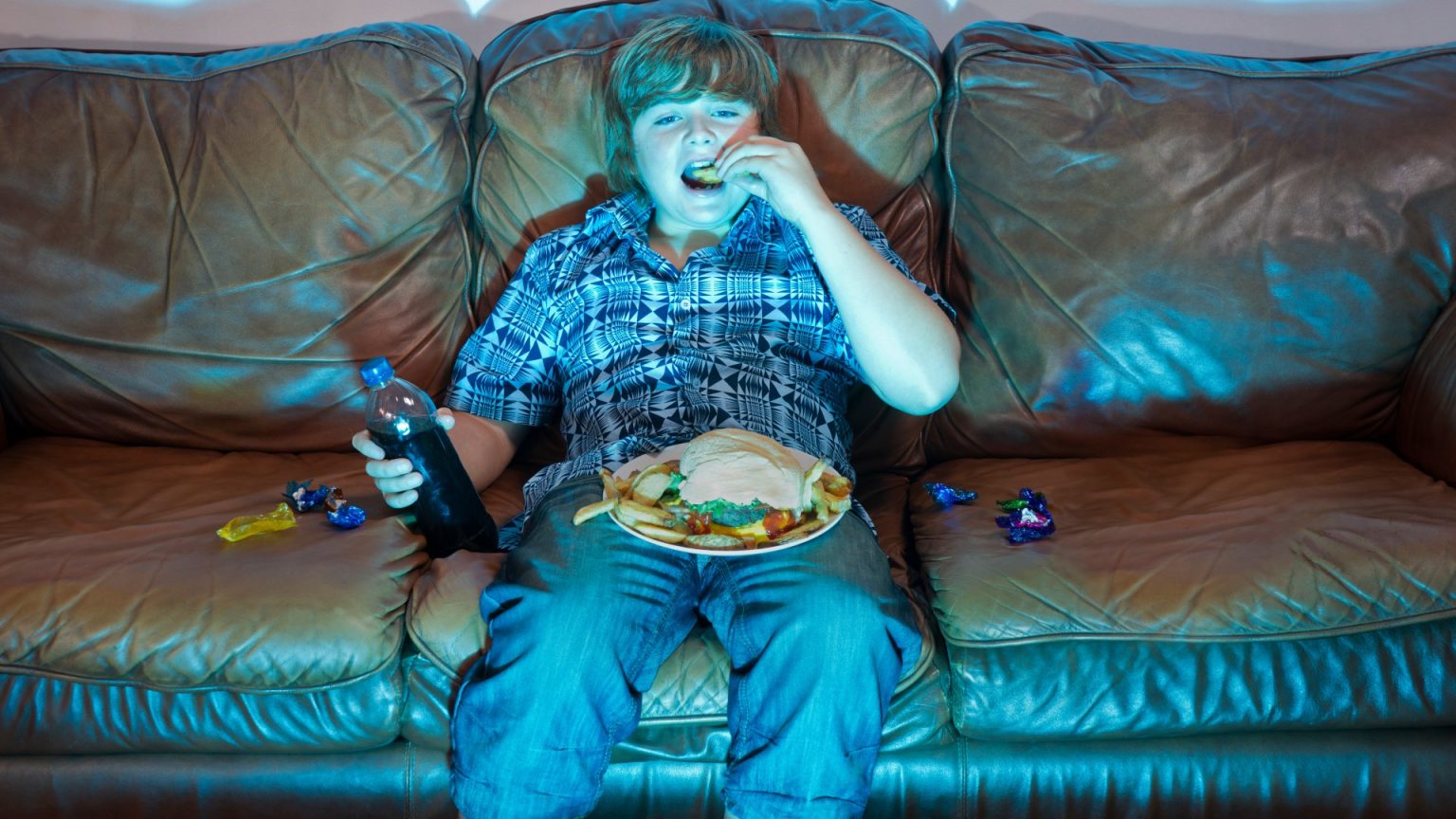Junk food firms are finding ways to evade the Government’s ban on advertising by targeting children on gaming sites and social media. Ultra-processed foods have been linked to a ten-fold rise in people with Type 2 diabetes. More than half of the average UK diet consists of processed foods, which can be as high as 80 percent for some demographics. Labour has pledged to implement a ban on junk food adverts promoting products high in fat, salt, and sugar. However, experts believe that companies will find ways to expand their advertising on platforms not covered by the ban, such as radio and podcasts.
Some of the biggest firms, such as Mars, Haribo, PepsiCo, Kellogg’s, and Mondelez, are using creative methods to reach children with their adverts. They are exploiting loopholes and targeting youngsters through social media and gaming sites to bypass the online advertising ban. Research shows that users of platforms like Twitch are exposed to junk food marketing for a significant amount of time. Nutrition experts warn that children and teenagers are being heavily influenced by aggressive marketing tactics that promote unhealthy, addictive ultra-processed foods. These foods are low in nutrients and can lead to chronic diseases later in life if consumed in large quantities at a young age.
UK families are purchasing more ultra-processed food than any other European country, with Germany following closely behind. The impact of this unhealthy eating habit is evident in the rising rates of Type 2 diabetes and other health issues. The Government’s plan to ban branded online ads for unhealthy foods is a step in the right direction, but concerns remain about how effective it will be in curbing the influence of the food industry. Legal uncertainties surrounding the ban and loopholes that allow companies to promote their products through influencers and in TV shows are still areas of concern.
Experts emphasize the importance of cooking from scratch and reading labels to avoid ultra-processed foods. However, cost and convenience often drive families to choose these unhealthy options. The disparity in pricing between ultra-processed foods and nutritious staples keeps many families locked into unhealthy eating patterns. The long-term health effects of consuming these foods are concerning, as they have been linked to a range of harmful health conditions. Some suggest that reducing the production of ultra-processed foods may be the most effective solution to tackling the obesity crisis, as advertising restrictions alone may not be sufficient.
The food and drink industry acknowledges the seriousness of the issue and claims to adhere to advertising regulations. However, concerns persist about the impact of their marketing strategies on children and teenagers. As the ban only applies in the UK, companies are likely to target overseas platforms not covered by the restrictions. Experts stress the need for a comprehensive approach to address the root causes of unhealthy eating habits, including education on nutrition and cooking skills. Ultimately, the goal is to reduce the consumption of ultra-processed foods and promote healthier options to improve public health outcomes.











